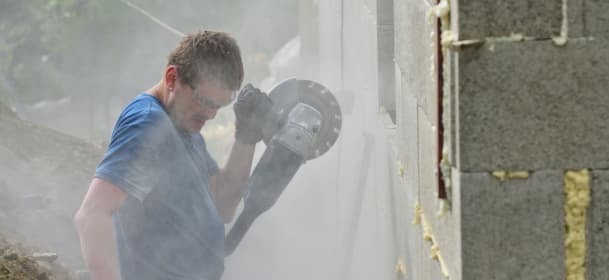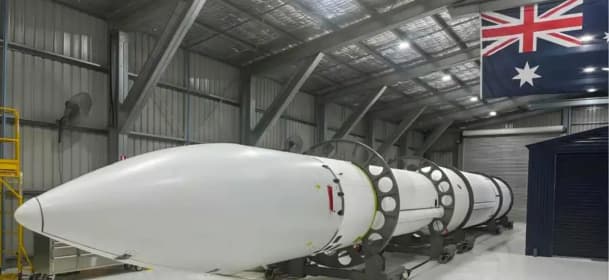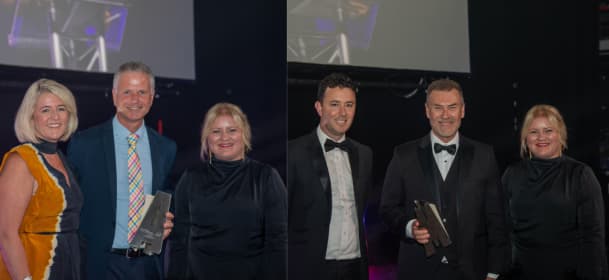Recharging Your Batteries

Can robots be programmed to take over when humans are fatigued?
A fascinating study by researchers at Texas A&M University is currently capturing the minds of manufacturers around the globe.
The unique investigation is focused on collaborative robots (cobots). As the name suggests, a cobot is intended for direct human-robot interaction within a shared space.
The research explores human-robot collaboration in the manufacturing sector and takes an in-depth look at combating fatigue through autonomy. The goal is to understand how specific human factors, such as tiredness and trust, interact with each other. In comprehending this, we can ensure that the design of a cobot considers the operator’s behaviour and needs.
It looks to clearly define the roles of both humans and robots who now live harmoniously in today’s fast-paced manufacturing environment.
According to an article in TechiLive (2021), ‘humans and robots may be sharing some of the same goals and manufacturing spaces soon as autonomy and robot technology continue to advance. Researchers at Texas A&M University are analysing how they can work in unison to allow for one party to step up where the other may temporarily lack’.
Establishing a Trustworthy Relationship between Humans and Robots
Regional Director for Universal Robots Asia Pacific, James McKew says that while emotional challenges (EQ) does not yet exist in cobots, this study delves into the evolving relationship between cobots and humans. “Cobots are taught through programming; this study will better determine how a cobot can be programmed to step in when a human is fatigued.”
The article goes on to say: ‘Humans bring flexibility and a high-level of understanding of a production line at a relatively low cost. But because humans have finite physical and cognitive capacities, they become tired and make errors with demanding work tasks. Where humans may lack the capacity to continue, robots can aid in overseeing the more repetitive portions of a task, lifting heavier objects, or exerting force depending on the application.’
Lead researcher and doctoral student Sarah Hopko says: “More and more people are realising that human-robot collaboration is a viable solution to automate productions or bring a solution to problems that pose difficult or costly roadblocks.”
“Interestingly, this study underpins what we already know: humans and cobots are intrinsically linked and are in fact colleagues – not foes,” McKew comments.
When collaborating with a teammate at work, identifying engagement or levels of fatigue can all be done either through perception or a simple conversation. You can then establish how best to help your teammate based on the information you have gathered. Hopko says the goal is for human-robot interaction to mirror this.
“The research team deployed a UR10 cobot to polish metal in conjunction with both men and women. Participants were fatigued using a challenging visuospatial working memory task for an hour prior to performing the manufacturing tasks” explains McKew.
What were the results?
‘Overall, the research team found that the operator’s performance can be improved with increased assistance levels and that increased assistance allows for cognitive fatigue recovery.’
In conclusion, McKew says that watching this study unfold is illuminating. “This compelling study could take human-robot connection to the next level. We are excited to watch how the study progresses and believe that this will be of great benefit to local manufacturers in future.”





